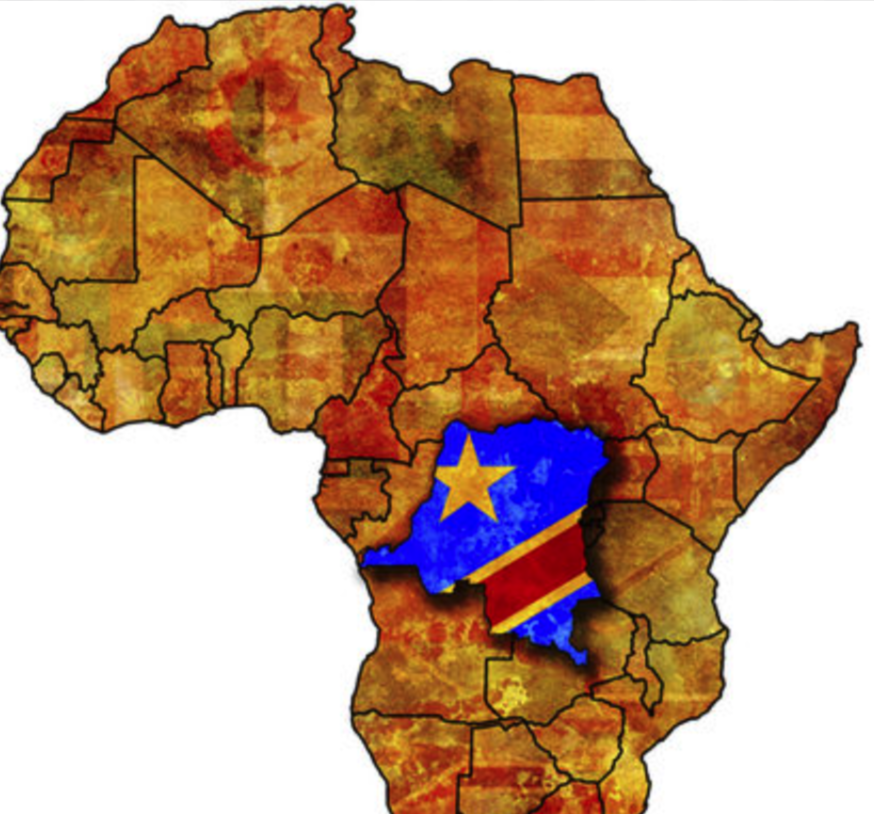What do African nations need to do for Congo to be stable?
The Democratic Republic of Congo (DRC) is a country blessed with abundant natural resources, including vast mineral wealth, yet it remains plagued by conflict and underdevelopment. To understand the present situation in Congo and explore how African nations can contribute to its stabilization, it is essential to analyze the deep-seated issues contributing to its perpetual destruction and the roles various stakeholders play.
Current Situation in Congo
The DRC's current turmoil stems from a complex web of historical, political, and economic factors. Despite its vast natural resources, including diamonds, gold, and coltan, the DRC remains one of the poorest countries globally. This paradox is primarily due to chronic corruption, weak governance, and the relentless exploitation of its resources by foreign entities and local warlords. The ongoing conflict in the eastern regions, fueled by these issues, has led to severe human rights abuses, displacement, and a humanitarian crisis.
The BBC's "Congo: A Journey to the Heart of Africa" highlights the paradox of the DRC's wealth in natural resources against the backdrop of its poverty and instability. It points out how the country's potential is undermined by corruption and conflict, preventing the benefits of its resources from reaching the general population.
The Role of International and African Nations
International efforts to stabilize the DRC have largely been ineffective. The United Nations peacekeeping mission (MONUSCO) has been present for years, but peace remains elusive. This ineffectiveness can be attributed to the complex nature of the conflict, which involves multiple armed groups, some with external support.
Al Jazeera "Inside Story" , "Why are powerful nations unable to bring peace to DR Congo?", discusses how international interventions often lack coherence and adequate support from major powers, leading to prolonged instability. Moreover, the presence of foreign interests in the DRC's resources complicates peace efforts, as various international actors have conflicting interests in the region.
African Solutions for African Problems
To genuinely address the DRC's issues, African nations must take a more proactive role. Here are key steps African countries can consider:
Regional Cooperation and Diplomacy: African nations should strengthen regional bodies like the African Union (AU) and the Southern African Development Community (SADC) to mediate and resolve conflicts within the DRC. Collaborative diplomatic efforts can help address cross-border issues and reduce external support for armed groups.
Economic Integration and Development: Promoting economic integration within the region can provide alternative livelihoods to those involved in the conflict. Investing in infrastructure, education, and health can foster sustainable development. The African Continental Free Trade Area (AfCFTA) could play a pivotal role in integrating the DRC into regional economic activities, thereby reducing its dependency on mining alone.
Governance and Anti-Corruption Measures: African nations can support governance reforms in the DRC by providing technical assistance and sharing best practices. Strengthening institutions to combat corruption is crucial for ensuring that the DRC's resources benefit its population. Encouraging transparency and accountability in the management of natural resources can help build public trust and international confidence.
Security and Military Assistance: Regional security cooperation is vital. African nations can contribute to building a robust and professional Congolese security force capable of maintaining order and protecting civilians. Joint military exercises and intelligence sharing can help combat armed groups effectively.
Supporting Civil Society: Empowering local civil society organizations is essential for promoting human rights and fostering community resilience. African nations can provide platforms for Congolese civil society to voice their concerns and participate in peacebuilding processes.
The DRC's plight is a testament to the failures of both international interventions and local governance. However, the solution lies within Africa itself. By leveraging regional cooperation, economic integration, good governance, security assistance, and civil society support, African nations can help the DRC transition from a state of perpetual destruction to one of stability and growth. This transformation is crucial not only for the DRC but for the continent's broader aspiration of unity, independence, and prosperity.
BBC Africa: What’s causing the conflict in DR Congo? (YouTube)
Al Jazeera Inside Story: Why are powerful nations unable to bring peace to DR Congo? (YouTube)




Comments
Post a Comment